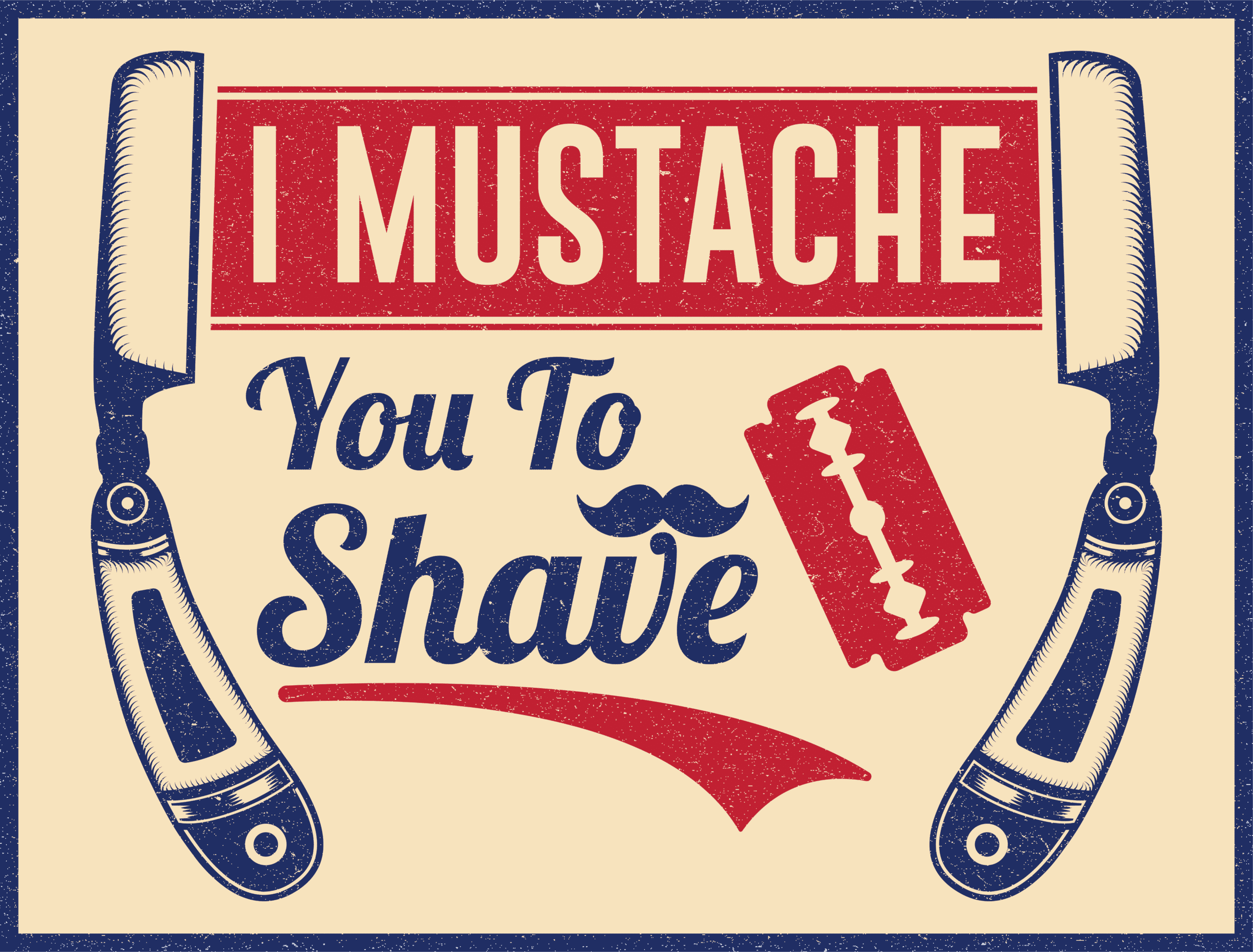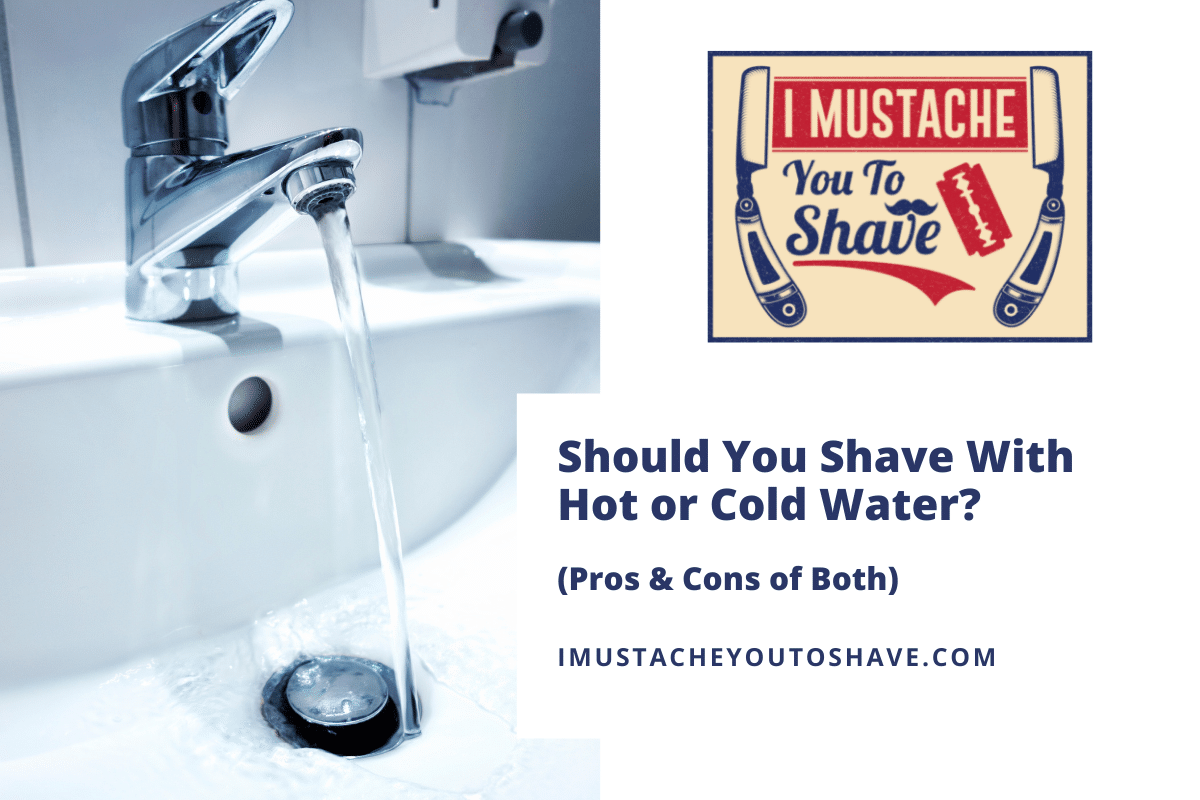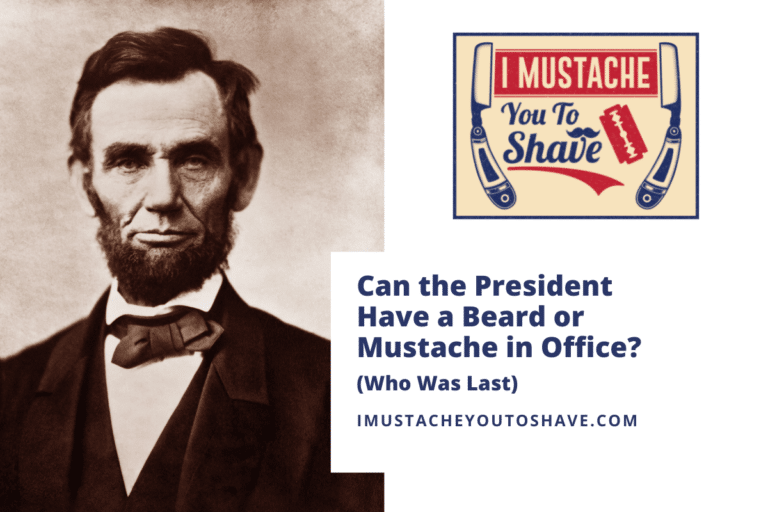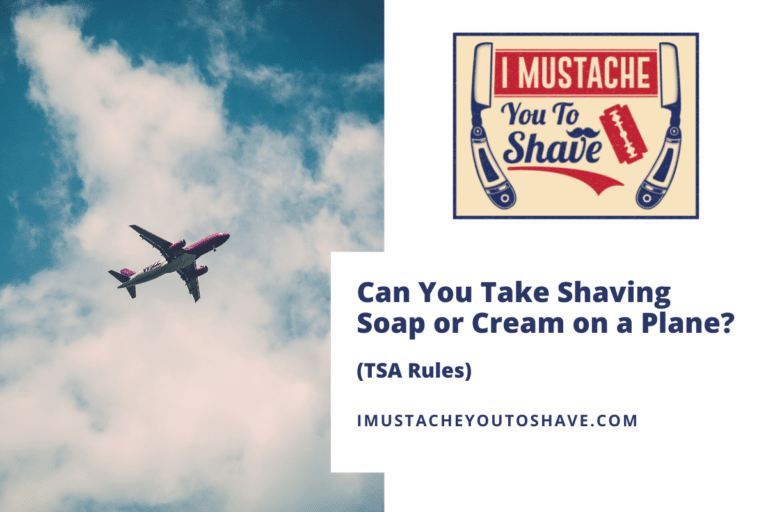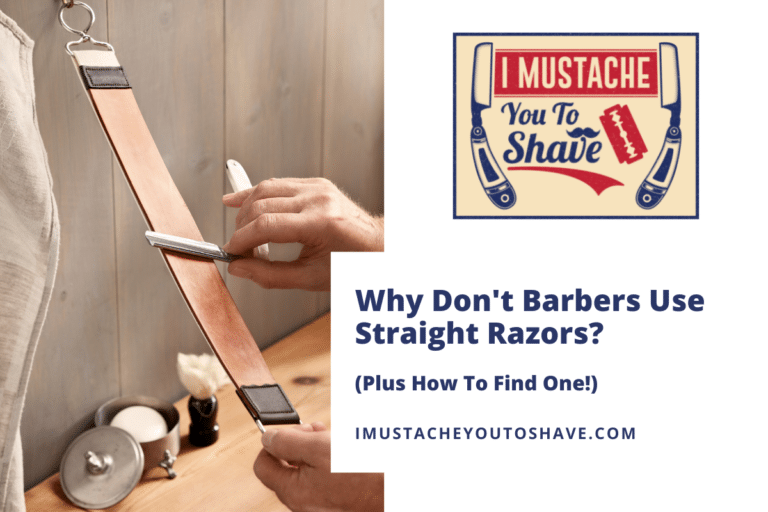Should You Shave With Hot or Cold Water? (Pros & Cons of Both)
For many years men have been shaving with cold and hot water, and it has created a debate over which option is best for shaving. Shaving with hot or cold water both have benefits and drawdowns, but which is truly the best option and how should you incorporate it into your shaving routine?
The best temperature of water for your shave is dependent on your skin and beard hair. Shaving with hot water is best for men with straight facial hair who do not have sensitive skin. Cold water will be better for those with curlier facial hair or sensitive skin prone to razor bumps and razor burn.
Keep reading to find out if you should be using hot or cold water for your shave preparation, lather, and rinse. We’ll also address whether hot or cold water is better for preventing razor bumps or burns.
Is it better to shave with hot or cold water?
Both options of hot or cold-water shaving have benefits and drawbacks, but the best way to find out which is best for you is to experiment with your own skin. Men have been shaving both ways for hundreds of years, and both ways produce great results.
Shaving with hot water produces a smooth and comfortable shaving experience, but can cause more irritation to the skin resulting in razor burn and bumps. Shaving with cold water can be uncomfortable, but produces less irritation and is better for sensitive skin.
Men during World War II had to shave their faces no matter the situation because it is a requirement in the military. Many times all they had was a bucket, a razor, and some snow, and they were still able to achieve a military-standard shave.
Most men will tell you that they prefer shaving with hot water, but during the summer they prefer using cold water. It all comes down to personal preference and what works for you. If you have sensitive skin prone to irritation, then I would suggest trying cold water shaving.
Skin preparation – is hot or cold water better?
Using hot water before shaving opens your pores and helps hairs stand up.
Overall, prepping your face with cold water can make shaving a smoother and more comfortable process. Shaving after you take a hot shower is best as the steam and heat help to open your pores and keep your skin moisturized.
While hot water sounds great, some may find that cold water is better for shaving their face especially if they have sensitive skin. Hot water makes the beard hairs soft and limp, which can sometimes make the razor slip over them, only partly cut them, or even pull at the roots causing more irritation. Cold water, however, makes the hairs stiff which means they are easier to cut and can give you a better shave.
Lather – is hot or cold water better?
Whether you are using hot or cold water, you can still work up a great lather while getting the shaving cream deep enough into the hairs for a smooth shave.
If you are using a shaving brush with cold water to help lather and distribute your shaving cream or soap, you’ll find that the brush hairs will feel stiffer and possibly not as comfortable as hot water.
The closeness of shave – is hot or cold water better?
Hot water results in soft hairs while cold water results in stiff beard hairs.
The softening of hairs from hot water causes them to bend as the blade cuts, which can cut them unevenly. Stiff hairs from cold water stand upright, allowing an even plane for the blade to glide across and this can give a closer shave.
This is one of the reasons why it may be better to shave with cold water if you’re someone who has sensitive skin which reacts negatively (irritation and bumps) after shaving with hot water.
Most men who shave with cold water will tell you that because of this, cold water overall gives a closer and better shave. Whether that is true for you can only be revealed through your own experimentation.
Razor bumps – is hot or cold water better?
As stated in the last section, cold water makes your hairs stand stiff and upright.
Cold water prevents them from being tugged, pulled, or cut incorrectly which is what causes razor bumps in the first place. Therefore, shaving with cold water is a great option for someone who experiences razor bumps after shaving with hot water.
It’s important to keep in mind that bumps can result from several factors. The most important step to take before shaving is making sure your face is adequately moisturized with water and the shaving cream is lathered on well.
Razor burn – is hot or cold water better?
Cold water is better for people who are prone to razor burn.
Since the beard hairs are stiffer and easier to cut, this produces less tug on the skin. The razor cuts the hair easily and requires fewer passes over the skin.
Shaving with cold water will help you to avoid irritation, razor burn, and razor bumps. If you have sensitive skin, then you may want to give cold water shaving a try!
Total shave time – is hot or cold water better?
One of the great things about shaving with cold water is that it saves time.
You may have a water stream that takes a while to heat up, so on a day where every second counts, cold water shaving will help you get out of the door faster.
The razor will also require fewer passes over the face while shaving with cold water which can make the process faster. The overall shaving time is always faster when using cold water.
Should you rinse with hot or cold water after shaving?
The best way to determine if you should rinse your face with hot or cold water is best for you is to experiment. Rinsing with hot or cold water will both get the job done, but there are some benefits and drawdowns to each option.
Generally, you should rinse your face with warm water to clean off the remaining lather and hairs. Follow up with a few cold-water splashes to help calm and soothe the skin.
Most men like to end their shave off with a cold-water splash, towel dry, and be done. The cold water helps to constrict open pores and stop any bleeding that is caused by minor nicks.
